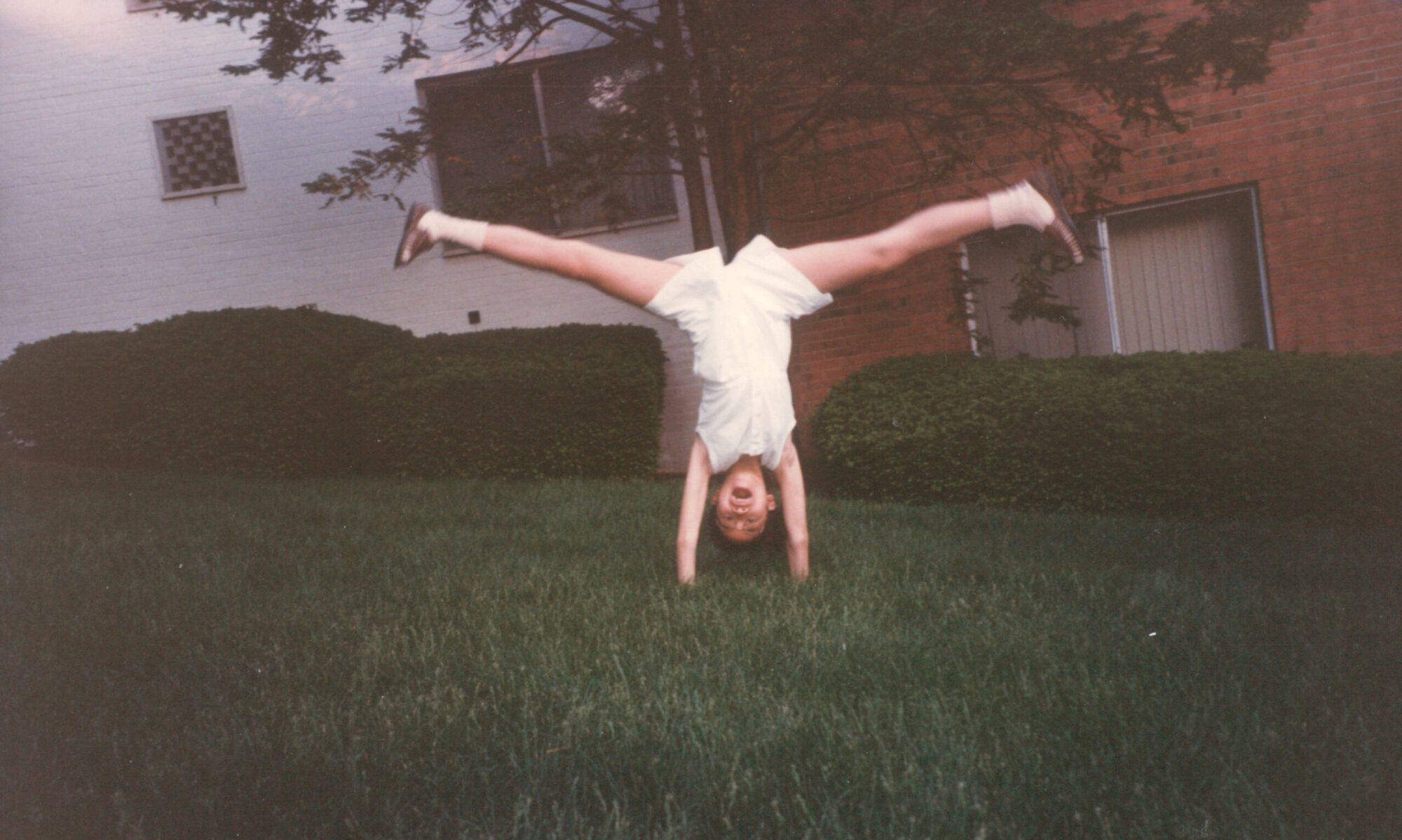At MIT from 2003 to 2007, I took 3 classes with Junot Diaz. Although my lecture attendance is notoriously bad (sometimes I didn’t even show up for exams), Junot’s classes were different. That first class freshman year, I felt like I’d been rummaging for garbage scraps my whole life and finally someone cut me some steak.
Junot swears, in a friendly way. “This isn’t fucking church. If it doesn’t move you, it’s ok to walk out.” I don’t know if his classes attracted the awesome, or if the class made people awesome, but some of the most awesome people I know I met in this class. Every week we would look forward to the 3 hour meeting because we were so excited to see each other. Whenever we met in the Infinite, we’d pause to talk about the readings and our work. Through writing, you get to know people in ways you would never see otherwise, because people write about things they wouldn’t have occasion to talk about: parents lying to each other about bad investments, gods contemplating tree spirits, suicide letters, using malaria to lose weight, grandmas stealing back grandchildren, getting stopped by the Israeli border patrol, shrooms in your fraternity, walking off a broken foot.
Once we went up to Wellesley because Rosa invited him to give a talk. Junot did a reading, and then went into discussion like always.
“How do we make the reader ok with the fact our narrator Yunior is a jerk?”
Imran said, “Yunior will do something terrible, but then he makes me laugh, which takes me to the next line.”
“He tells the truth,” I said. “He’s honest about being a jerk so you trust him to tell you the rest of the story.”
“Is there a sexist theme?” someone asked. “Yunior doesn’t respect women.”
“If the narrator keeps saying women are stupid, but then in the story a woman comes and takes his money, and another woman beats him up, no matter how much the narrator insists women are dumb, does the story say that women are stupid?”
Afterwards the Wellesley students crowded around, “Why haven’t I taken a class with him?”
This all was before Junot had written Oscar Wao (or won his Pulitzer), but his talent was obvious- we kids saw the signs.
Our mailing lists were active:
“Ignore my last email- that one’s shit, this is a better draft.”
“Let’s all meet at my ILG for dinner.”
“If MIT has taught me anything, it’s that parties don’t throw themselves.”
“Essays due! Get to work, gang!”
“Students! My students!” Chalk loosely gripped, Junot would dramatically, slowly scratch the board behind him without looking, then haphazardly stab back at it as he talked. Afterwards the abstract lines looked like we’d been doing some crazy algebraic geometry- you’d never guess we were talking about life outside the story, or lacunae, or structure, or voice. On my writing, he’d put check marks near good parts, “No” near bad parts, and a rare “You kick ass Nancy!” near kick ass parts. After class during finals week, we crashed a lecture hall to watch “Fuckin’ Shaolin Soccer” on the projector, everyone getting drunk.
It’s one thing to read a dead man’s writing. You can even read the living Sherman Alexei and think, “Yeah, some folks have it really bad,” while simultaneously implicitly concluding that others never suffer a day in their lives, or even that most people never suffer. Having my writing teacher be someone who wrote the type of stuff I’d read, who experienced things, who encouraged us to write about what messed us up, to connect with my crazy genius classmates, to realize everyone has a billion secret selves, shifting between various identities, to draw aside the curtain to reveal our secret worlds, was personality-altering for me. In my math and CS classes, we talked about approximation algorithms, theory of mind, big O, BBN: the Problems of advancing science, problems we were solving- not the ugly worries of the lower realms, dead-end stuff with no reason, base stuff you can’t work on aside from letting it fade, subjective stuff that isn’t truth the way other parts of understanding reality are Truth. Elevate beyond animal emotion, abhor politics, the path to the heavens through technology goes the complete opposite direction!
I was a writing major (21W) in addition to a math major (18C), and Junot’s class was the first real writing class I ever had. I’ve always been a bookworm, but I don’t think I learned to read until Junot taught me to write. Writing reads differently when you read as a writer. Sometimes I mark time by how much a book or script has changed since the last time I read it (my overall conclusion is that the classics actually are good; the literary community and tradition is smarter than me). Learning to write teaches me how to read, which teaches me how to think, which teaches me what to ask, what to work on, what to value. How do we navigate this life, with the noble promises of our expanding human knowledge propelling us into the stars, only for the battering of our pathetic human hearts to tear us back down into the grime? These writing classes were the other half of the equation for me. Ten years ago, I was starved as a stray cat and didn’t suspect that at MIT of all places I’d find a home to take me in.
My answer to “What was it like to have Junot Diaz as your creative writing professor at MIT?”
